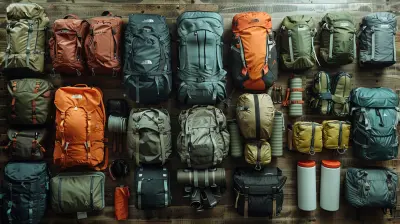Airline Baggage Restrictions: What You Need to Know Before Packing
6 July 2025
Flying can be exciting, but let’s be honest—packing for a flight can feel like solving a puzzle with ever-changing rules. Whether you're a frequent flyer or traveling for the first time in years, airline baggage restrictions can throw a wrench in your plans if you’re not prepared.
Airlines have strict baggage policies, and failing to comply could mean extra fees, delays, or even having to leave items behind. So, before you zip up that suitcase, let’s break down everything you need to know to fly stress-free. 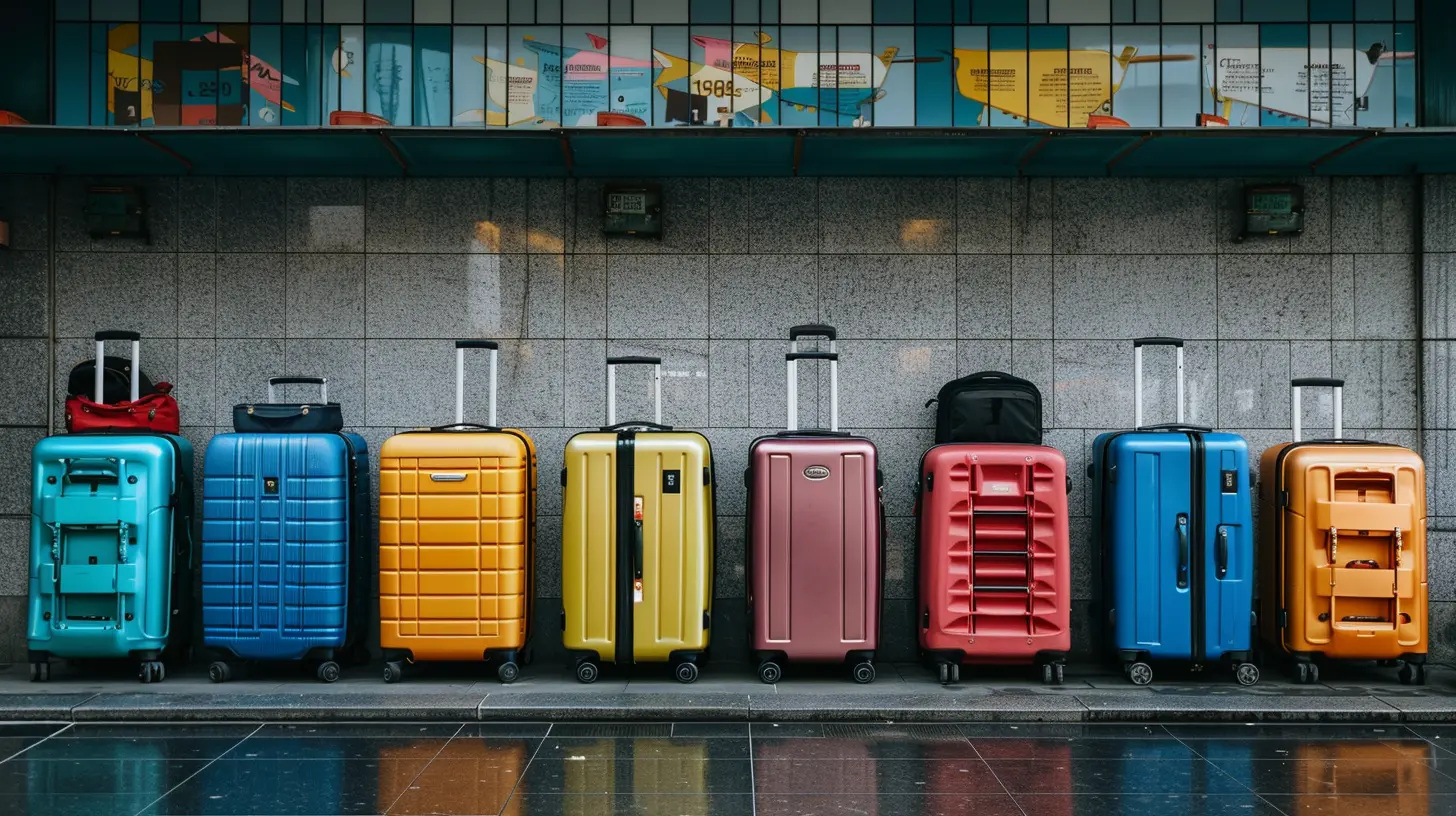
1. Understanding Different Types of Baggage
Before we dive into the nitty-gritty of weight limits and prohibited items, let’s clarify the different types of baggage airlines allow:Carry-On Baggage
This is the bag you bring onto the plane with you. It usually includes a small suitcase or backpack that fits in the overhead bin, plus a personal item like a purse, laptop bag, or small backpack.Each airline has its own size and weight limits for carry-ons, so always double-check before heading to the airport.
Checked Baggage
This is the luggage you hand over at the check-in counter. It goes into the cargo hold and is retrieved at baggage claim upon arrival. Airlines typically enforce weight and size restrictions on checked bags, and exceeding them can lead to hefty fees.Personal Item
Your personal item is something smaller than your carry-on, like a handbag or laptop case. It must fit under the seat in front of you. Some budget airlines have particularly strict personal-item policies, so be sure to verify their rules if you're flying with one.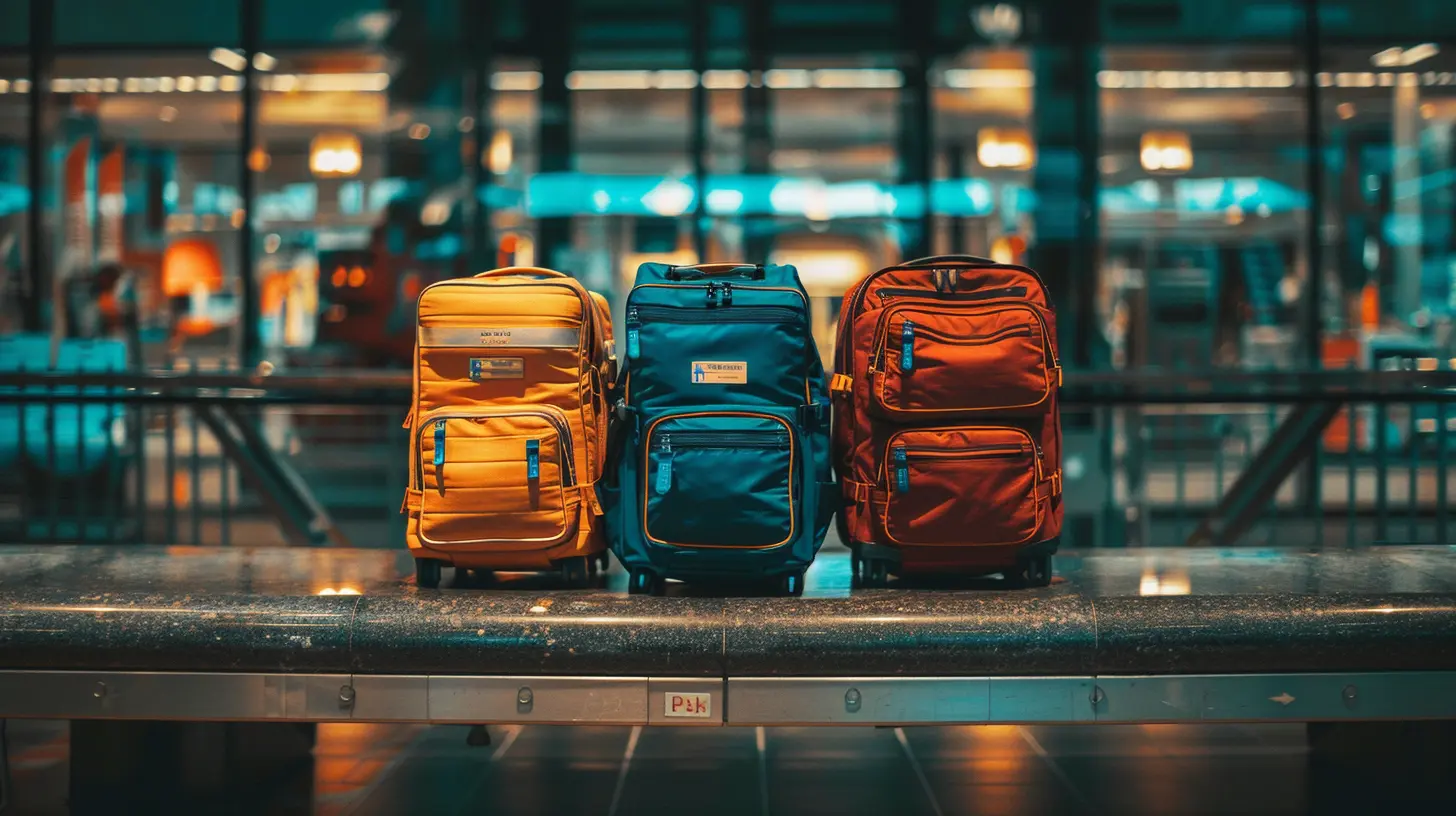
2. Airline Baggage Weight and Size Restrictions
Nothing ruins a trip faster than arriving at the airport and getting hit with surprise fees because your bag is overweight or oversized. Here’s what you need to keep in mind:Carry-On Size and Weight Limits
Most airlines stick to these general carry-on size guidelines:- Size: Around 22 x 14 x 9 inches (56 x 36 x 23 cm)
- Weight: Usually between 15-22 lbs (7-10 kg), though many airlines don’t enforce weight limits as strictly as size restrictions.
Checked Baggage Size and Weight Limits
- Standard weight limit: 50 lbs (23 kg) for most airlines.- Oversized luggage: If your bag exceeds 62 inches in total dimensions (length + width + height), you might get charged an extra fee.
If you’re flying economy, you usually get one checked bag included for international flights. However, budget airlines and domestic flights often charge separately for checked bags.
Overweight and Oversized Fees
- Overweight fees: If your bag is over the limit (usually 50 lbs/23 kg), expect to pay anywhere from $50 to $150 extra.- Oversized fees: Bags exceeding the size limit can also rack up additional costs, sometimes reaching $200 or more.
Want to avoid these charges? Weigh your luggage at home before heading to the airport. A small luggage scale can save you from an expensive surprise! 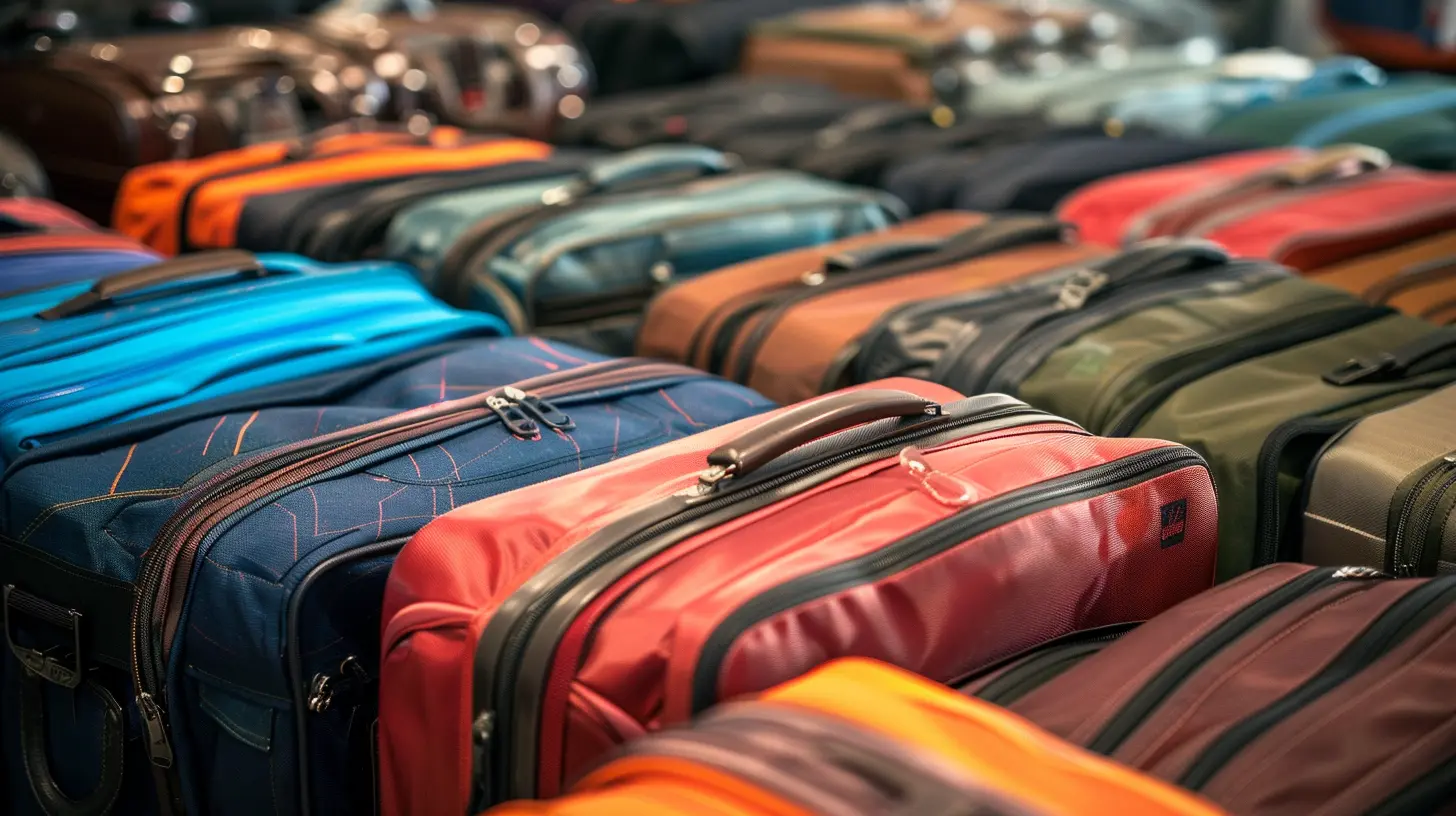
3. What You Can't Pack in Your Luggage
Prohibited Carry-On Items
Security is tight, and airlines have strict rules about what you can and can’t bring in your carry-on. Some of the most common no-gos include:- Liquids Over 3.4 oz (100 ml): This includes water, shampoo, and even certain food items. If you must bring liquids, make sure they fit in a single quart-sized ziplock bag.
- Sharp Objects: Pocket knives, scissors (longer than 4 inches), razors, and other sharp items are usually prohibited.
- Firearms and Ammunition: Even if legally owned, these need to be declared and packed in checked luggage according to specific airline regulations.
- Explosives and Flammable Items: Lighters, fireworks, and certain aerosol sprays are not allowed.
Restricted Checked Baggage Items
While checked baggage rules are more relaxed, some things are still off-limits:- Lithium Batteries: If your device has a large lithium-ion battery (like power banks or certain e-bikes), you might not be allowed to pack it.
- Perishable Foods: Some destinations prohibit travelers from bringing certain food items, especially fresh produce and meat.
- Valuables and Fragile Items: While not officially restricted, it's best to avoid packing laptops, jewelry, or anything fragile in checked baggage since rough handling is common.
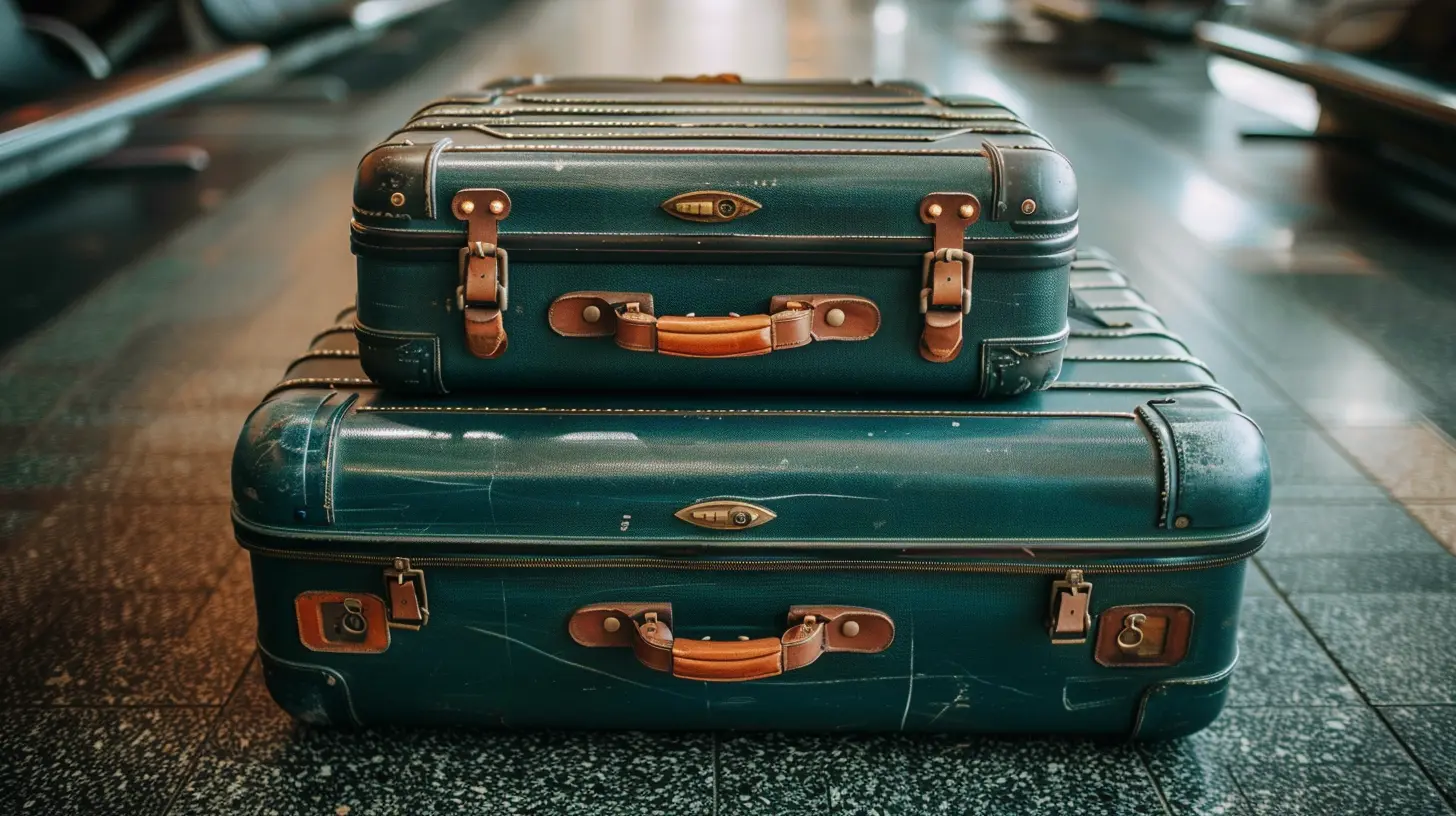
4. Airline-Specific Rules to Watch Out For
Not all airlines play by the same rules. Budget carriers, in particular, often have stricter baggage policies and charge steep fees for bags that don’t meet their criteria.Budget Airlines vs. Full-Service Airlines
- Budget Airlines (Spirit, Ryanair, EasyJet): These airlines keep fares low by charging for almost everything—including carry-on bags. Some even limit you to a single personal item unless you pay extra.- Full-Service Airlines (Delta, Emirates, British Airways): Typically allow a free carry-on and one checked bag on international flights, but checked baggage may come at a cost for domestic routes.
Always check your airline’s baggage rules before booking to avoid nasty surprises.
5. Tips to Avoid Baggage Fees and Hassles
Nobody wants to spend extra money on baggage fees, so here’s how to minimize costs and maximize efficiency:1. Pack Light and Smart
If your trip allows it, try to stick to just a carry-on. Packing cubes can help you maximize space, and rolling clothes instead of folding can make a big difference.2. Wear Heavy Items on the Plane
Got bulky boots or a heavy jacket? Wear them during the flight instead of packing them. Airlines don’t weigh your outfit!3. Use a Luggage Scale at Home
Before heading to the airport, weigh your luggage to ensure it meets airline requirements.4. Check Your Airline’s Policies in Advance
Rules change, and what worked for your last flight might not apply this time. Always read the airline’s baggage policy before flying.5. Consider a Travel Credit Card
Some travel credit cards offer perks like free checked bags, which can save you money if you fly frequently.Final Thoughts
Packing for a flight doesn’t have to be stressful. By understanding airline baggage restrictions, checking guidelines in advance, and packing strategically, you can avoid unwanted fees and headaches.The key takeaway? Know your airline’s baggage policy before you pack! The extra effort now could save you time, money, and frustration at the airport.
Happy travels, and may your suitcases always weigh just the right amount!
all images in this post were generated using AI tools
Category:
Packing TipsAuthor:

Winona Newman
Discussion
rate this article
2 comments
Bear Cruz
Great tips! Packing smart makes travel hassle-free!
September 19, 2025 at 2:21 PM

Winona Newman
Thank you! I'm glad you found the tips helpful for a smoother travel experience. Safe travels!
Cora Mercado
This article is a must-read for travelers! It clearly outlines essential baggage restrictions, helping avoid unexpected fees and stress at the airport. Knowing these rules in advance can make your journey much smoother and more enjoyable.
July 10, 2025 at 5:04 AM

Winona Newman
Thank you for your feedback! I'm glad you found the article helpful in preparing for a stress-free travel experience. Safe travels!


